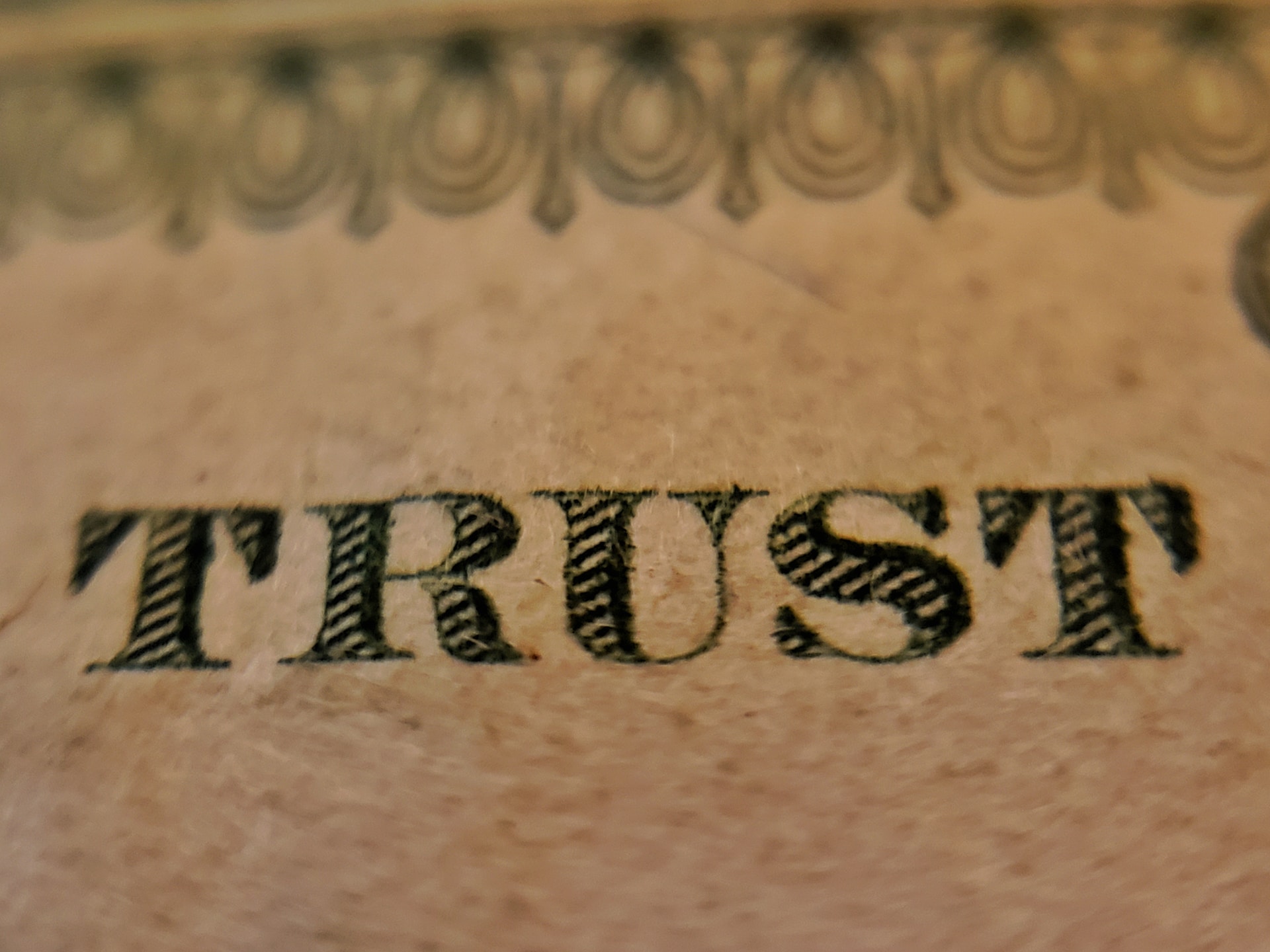Setting up an offshore asset protection trust can be a complex process that requires careful planning and attention to legal and financial details. Here are some general steps you may need to take:
- Choose a jurisdiction: The first step is to decide where you want to set up the offshore trust. Different jurisdictions have different laws and regulations related to asset protection, taxation, and privacy. You should consult with a lawyer who specializes in offshore trusts to determine which jurisdiction is the best fit for your specific needs.
- Choose a trustee: You will need to appoint a trustee who will manage the assets held in the offshore trust. The trustee should be a reputable individual or institution that is licensed to act as a trustee in the jurisdiction where the trust is established.
- Draft the trust agreement: The trust agreement is a legal document that sets out the terms and conditions of the trust. You will need to work with a lawyer to draft this document, which should include details about the assets being transferred to the trust, the beneficiaries of the trust, and the rights and responsibilities of the trustee.
- Transfer assets to the trust: Once the trust agreement is in place, you will need to transfer the assets you want to protect to the offshore trust. This may involve liquidating assets, such as stocks or bonds, and transferring the proceeds to the trust.
- Comply with reporting requirements: Offshore trusts are subject to various reporting requirements, including the need to file tax returns and comply with anti-money laundering regulations. You will need to work with a lawyer and an accountant to ensure that you comply with all relevant regulations.
- Monitor the trust: Once the trust is established, you will need to monitor it regularly to ensure that it continues to meet your needs and that the trustee is fulfilling its obligations. You may need to make changes to the trust agreement over time as your circumstances change.
It’s important to note that setting up an offshore asset protection trust is a complex legal and financial process that requires expert advice. You should work with a lawyer who specializes in offshore trusts to ensure that you understand the risks and benefits associated with this type of arrangement, and that you are complying with all relevant laws and regulations.

Can an Offshore Asset Protection Trust own and control an active offshore company?
Yes, an offshore asset protection trust can own and control an active offshore company. This can provide additional protection for the assets held by the trust, as the company’s assets and liabilities are separate from those of the trust.
However, it’s important to note that there are legal and financial implications of setting up an offshore company and transferring ownership to an offshore trust. You should work with a lawyer and an accountant who specialize in offshore trusts and companies to ensure that you comply with all relevant laws and regulations, and that the structure you create meets your specific needs and objectives.
Additionally, if the offshore company is engaged in business activities, it may be subject to taxation in the jurisdiction where it operates. You should consult with a tax professional to understand your obligations and options for minimizing your tax liability.

Online Trading Accounts can be owned by Offshore Company, held by the trust?
Yes, an online trading account can be owned by an offshore company that is held by an offshore asset protection trust. This can provide additional protection for the assets held in the trading account, as the company’s assets and liabilities are separate from those of the trust.
However, it’s important to note that there are legal and financial implications of setting up an offshore company and transferring ownership of the trading account to the company, which is then held by the trust. You should work with a lawyer and an accountant who specialize in offshore trusts and companies to ensure that you comply with all relevant laws and regulations, and that the structure you create meets your specific needs and objectives.
Additionally, trading accounts can be subject to various regulatory requirements, such as reporting and disclosure obligations. You should ensure that you comply with all relevant regulations and seek professional advice to ensure that you understand the risks and benefits associated with owning an online trading account through an offshore structure.
How to set-up an Offshore Asset Protection Trust by Open AI on ChatGPT – Photo by Joshua Hoehne on Unsplash

Leave a Reply